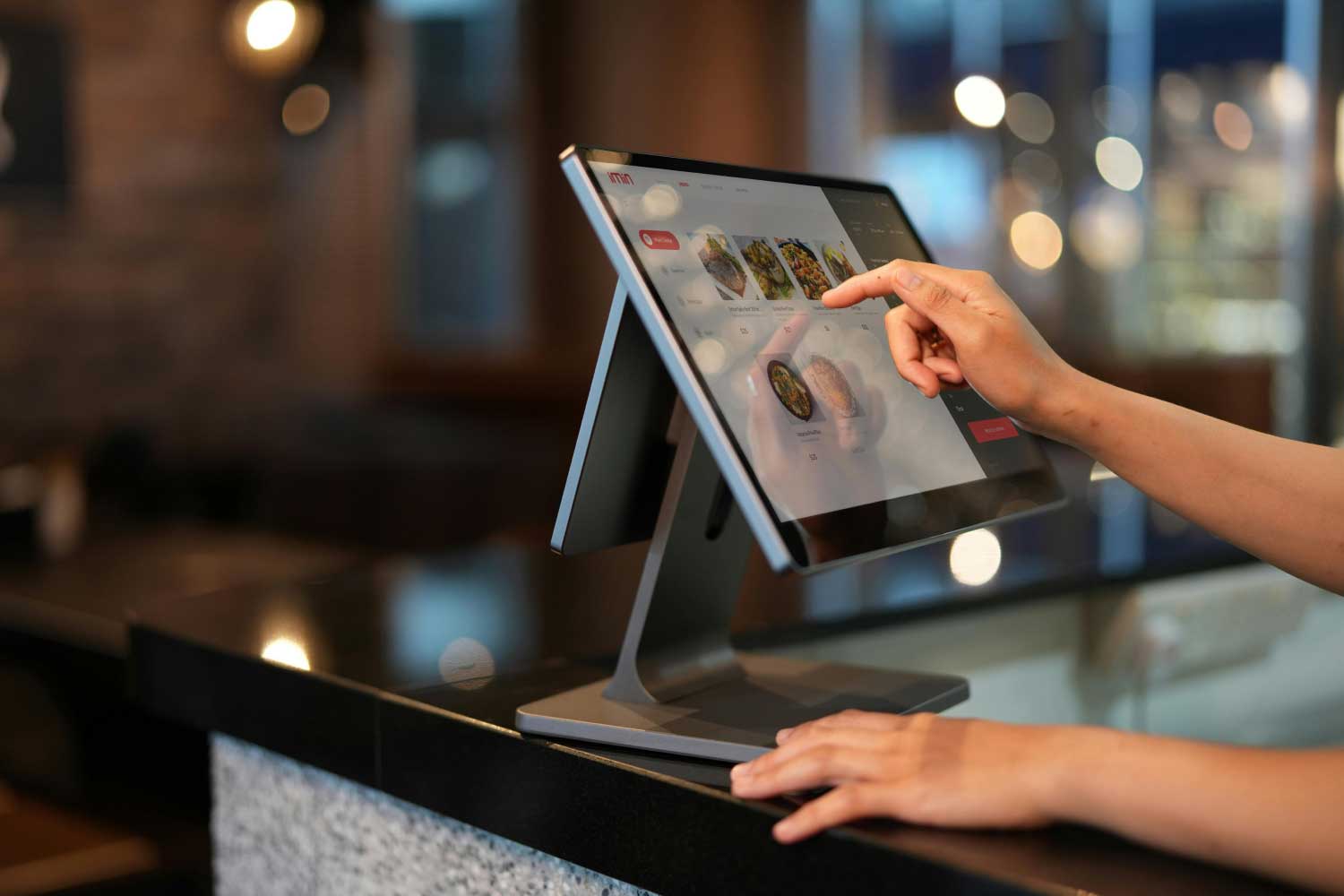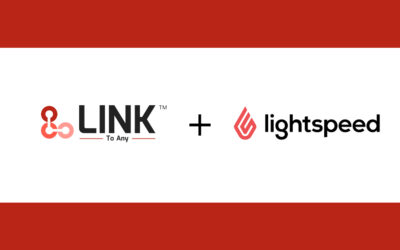Enter iPaaS – Integration Platform as a Service.
At its core, iPaaS offers automated tools for harmoniously connecting software applications deployed across varied environments. In the context of POS, this means an unprecedented level of synergy between the sales terminal, inventory management, customer relationship tools, and e-commerce platforms such as Shopify. But why is this relevant for those researching POS solutions?
- Enhanced Customer Experience: Imagine ordering your favourite meal on Uber Eats or Doordash. You settle down to wait for it to be delivered, only to be informed 30 minutes later that it’s out of stock. With iPaaS streamlining real-time data flow between POS, inventory systems and delivery apps, such frustrating scenarios can be avoided. The outcome? Happy customers and efficient service.
- Financial Accuracy: Seamless data flow ensures that financial records, stock details, and sales figures are consistently accurate. An integrated POS system reduces discrepancies and fosters trust with stakeholders, from customers to auditors.
- Flexibility in Expansion: For businesses planning to scale or diversify, iPaaS-fueled POS systems provide the adaptability needed. Whether it’s integrating a new e-commerce platform or adding a loyalty program, the process becomes significantly smoother.
- Reduced Operational Costs: By automating integrations, businesses can minimize manual data entry errors, reduce the need for large tech teams focused on integration maintenance, and ensure quick onboarding of new software.
As someone who’s been navigating the complex corridors of software integration for years, I’ve witnessed the transformative power of iPaaS firsthand. At LINK, we often encounter enterprises who are struggling with siloed software solutions, and the POS segment is no exception. The integration offered by iPaaS doesn’t just bridge software; it bridges business potential.
To those delving into the world of POS solutions, I offer this perspective: In today’s digital age, a POS system isn’t just a transactional tool. With iPaaS, it can be the lynchpin of your operational efficiency, customer satisfaction, and business scalability. As we move towards an even more interconnected commercial future, the integration capabilities of your POS might just be its most valuable feature.
Longer form:
iPaaS: The Unsung Hero in the Evolution of Point of Sale Solutions
In the bustling streets of commercial hubs across the globe, from the intimate cafes of Paris to the sprawling retail centers of New York, the Point of Sale (POS) system has become an indispensable element. Its role transcends mere transaction processing; it embodies the essence of the modern customer experience. Amid the diverse landscape of businesses, each with its own unique operational intricacies, lies a pressing challenge: the seamless weaving together of various operational platforms, ensuring the optimal performance of these POS systems.
Understanding the transformative role of Integration Platform as a Service, commonly known as iPaaS, becomes pivotal here. iPaaS emerges as a beacon of connectivity, offering automated solutions that knit together varied software applications, irrespective of their deployment environments. When we shift our lens to the realm of POS, the implications of this integration are profound. Picture a unified ecosystem where sales terminals, inventory management tools, customer relationship platforms, and giants of e-commerce like Shopify coexist in harmony. The advantages of such an orchestrated environment are manifold.
One of the most tangible benefits is the amplification of the customer experience. Let’s paint a scenario: you’re nestled comfortably in your living space, having placed an order for your most cherished dish via Uber Eats. The anticipation builds, only to be punctured by a message half an hour later – the dish is unavailable. Such hitches, while seemingly trivial, can dent a brand’s reputation. iPaaS, by facilitating real-time communication between POS systems, inventory databases, and delivery applications, can deftly sidestep these pitfalls. The result is a tapestry of satisfied customers and a service that resonates with efficiency.
Yet the merits of iPaaS extend beyond just customer satisfaction. In the intricate dance of numbers that underpins any commercial entity, maintaining financial accuracy is paramount. With data flowing seamlessly across platforms, discrepancies fade into obsolescence. This consistent accuracy in financial records, stock details, and sales metrics not only enhances operational efficiency but also solidifies trust among key stakeholders, ranging from everyday customers to stringent auditors.
Moreover, for businesses that harbor ambitions of scaling or diversifying their operations, iPaaS-infused POS systems are the ideal companions. The seamless integration they offer translates to unparalleled adaptability. Be it the onboarding of a novel e-commerce platform or the rollout of an innovative loyalty program, the integration prowess of iPaaS ensures the transition is devoid of hitches.
Furthermore, in an age where cost optimization is at the forefront of strategic planning, the role of iPaaS in driving down operational costs cannot be overstated. By relegating manual data entry to the annals of history and streamlining integrations, not only are operational errors minimized, but there’s also a marked reduction in the reliance on expansive tech teams singularly dedicated to integration upkeep.
Drawing from my own journey through the intricate pathways of software integration, the metamorphic impact of iPaaS stands out starkly. In my interactions at LINK, the narrative is often familiar: enterprises ensnared in the web of disjointed software solutions, with the POS domain being a notable reflection of this challenge. Yet, the promise of iPaaS is that it doesn’t merely serve as a bridge between software platforms; it becomes the conduit for unlocking untapped business potential.
As businesses traverse the dynamic landscape of POS solutions, the message is clear: In our rapidly digitizing world, a POS system isn’t merely a conduit for transactions. Infused with the capabilities of iPaaS, it becomes a cornerstone of operational prowess, ensuring customer delight, and setting the stage for scalable growth. In the tapestry of our interconnected commercial future, the integration capabilities bestowed by iPaaS might just be the most prized asset in a POS system’s repertoire.













































